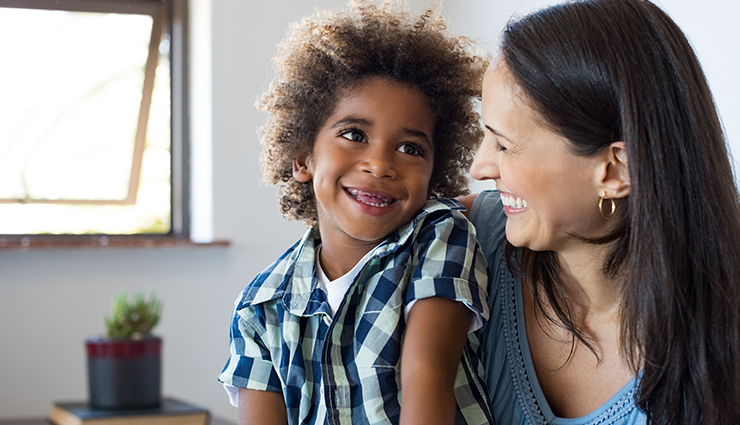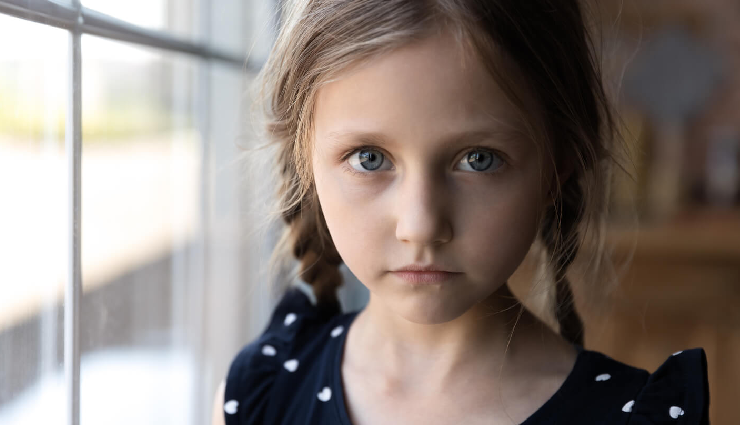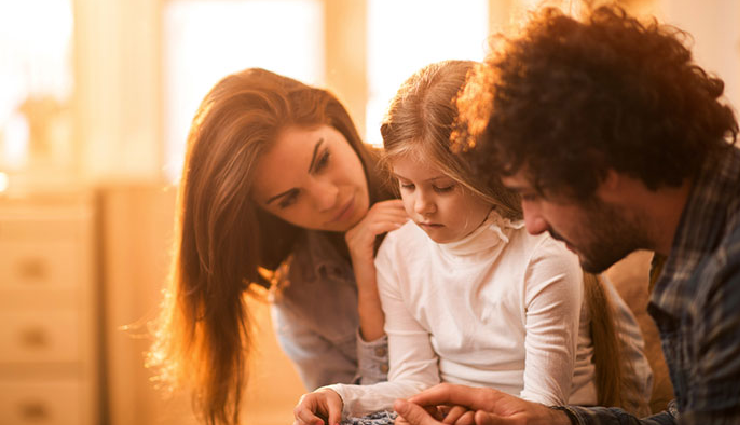- Home›
- Mates & Me›
- 5 Psychological Problems Adopted Child Might Go Through
5 Psychological Problems Adopted Child Might Go Through
By: Priyanka Maheshwari Tue, 02 Jan 2024 9:15:12

If you find yourself grappling with the difficulties your adopted child is encountering and are striving to comprehend their worries, it's crucial to delve into their psychological state. Psychological challenges are frequently observed in adopted children, and the most effective way to address these issues is to gain a deeper understanding of your adopted child's psychology. Adoption is not just a legal process; it also constitutes a profoundly emotional journey for both you, your family, and the adopted child. The adoption journey often brings forth behavioral issues that may pose challenges in ensuring proper care. This article examines the prevalent psychological issues faced by adopted children and discusses how these challenges might impact their health, overall well-being, and developmental trajectory.

# Feelings of Rejection
If your child was adopted at an early age and lacks recollection of the adoption, they may undergo a range of emotions, potentially experiencing feelings of rejection upon discovering the adoption. This revelation could lead to a retreat from communication or a sense of loneliness. The adopted child might believe that their biological family did not harbor affection for them or did not desire their presence, fostering a perception of being unloved or unwanted. Such sentiments of being unwanted or abandoned can have detrimental effects on the adopted child's psychological well-being and development. The ensuing feelings of rejection or abandonment might adversely influence the child's behavior, underscoring the importance of finding ways to convey to the child that they hold a significant place within the family.

# Loss and Grief
Unarticulated sentiments of loss and sorrow stemming from a perceived sense of abandonment can be a catalyst for emotional trauma and behavioral challenges in your adopted child. This array of emotions encompasses not only grief and loss but also includes feelings of shame, disappointment, confusion, and curiosity. It is entirely normal for your child to harbor inquiries about their biological parents. Additionally, if your adopted child is of an age where memories are retained, they might experience grief over the absence of biological siblings, grandparents, friends, and other familiar environments.
# Identity Queries
Upon discovering their adoption, your adopted child may grapple with challenges related to self-identification, potentially giving rise to mental health issues like stress, anxiety, and depression. The process of developing a sense of identity can be more intricate for adopted children. They are likely to have numerous inquiries concerning their biological parents, their place of origin, familial resemblances, and the reasons behind their biological parents opting for adoption. Questions about family traditions and heritage might also be raised by your child.

# Self-esteem
Your adopted child's self-esteem is intricately linked to her sense of belonging, identity, value, and dignity. Research indicates that adopted children tend to exhibit lower levels of self-esteem compared to their non-adopted peers.
# Genetic Problems
Frequently, an adopted child lacks access to health information about their biological or genetic family. If your adopted child has a familial history of any ailment or disorder, they may not possess adequate information about it. The absence of genetic health history could impact the ability to determine the appropriate course of treatment.





